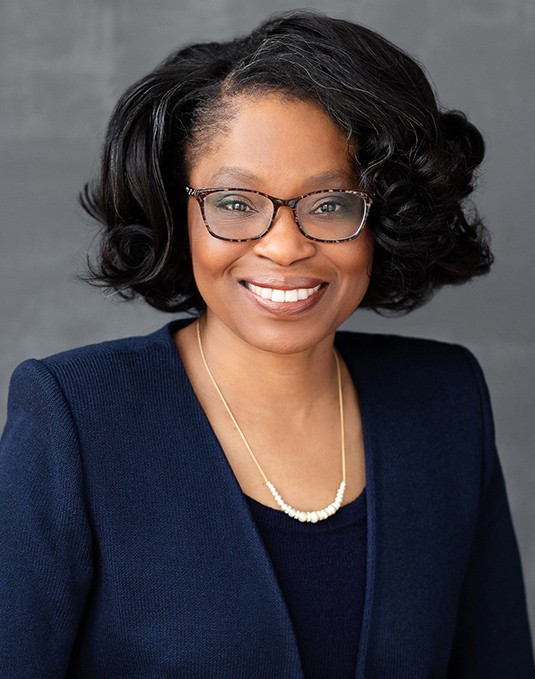Workshops to address legal challenges in higher ed
By Tom Fleischman, Cornell Chronicle
Cornell’s Office of General Counsel (OGC), in keeping with its mission of engaging proactively with groups across campuses, is planning a series of four workshops designed to educate Cornell community members on common legal challenges in higher education.
Areas of focus for the series, “Conversations with Office of General Counsel,” will include diversity, equity and inclusion; defense and indemnification; contracts; and data ownership rights and responsibilities. Each workshop will run in multiple sessions, the number depending on the topic, content and relevant audiences. The OGC plans to run the workshops biannually, with the next series expected in spring 2025.
The schedule for the 2023 workshops is still being finalized; interested community members and groups are encouraged to visit the OGC website for more information.
“In addition to advice and counsel, it is a core responsibility of our office to provide proactive education to our colleagues across the university,” said Donica Thomas Varner, the university’s vice president and general counsel. “This work is an aspect of our role as in-house attorneys that we value and treasure. It allows us to partner with our colleagues before legal risks arise, which facilitates the work of all units that advance the university’s academic mission.”
The 22 attorneys in the Office of General Counsel, which operates from both the Ithaca campus and the Weill Cornell Medicine campus in New York City, regularly engage with university community members to provide legal education and training. The OGC workshop series will take that a step further, according to Debbie Hodys, associate vice president and deputy general counsel.
“This program of workshops we’re launching this year is novel,” she said, “in that we are addressing issues of relevance across the entire university, across all campuses. It’s a way for us to ensure that we are sharing best practices, not duplicating efforts, and identifying synergies across Cornell’s campuses in keeping with the ‘One Cornell’ ethos.”
Workshop topics will be as follows:
Advancing DEI in the Current Legal Landscape: OGC experts will present a comprehensive overview of the legal context in which the university can advance its commitment to diversity, equity and inclusion (DEI), consistent with Ezra Cornell’s founding principle of “... any person ... any study.” Using illustrative examples, the office will offer creative strategies for reducing legal and reputational risks, while advancing DEI in the areas of gifts and scholarship; employment; student and alumni programming; and health care.
Defense and Indemnification: What to Know Under Policy 4.9: If the university is sued – for reasons ranging from contract disputes with vendors to discrimination claims by students or employees – such claims will usually name the university as the defendant. They may also name individual units or employees, faculty or volunteers. University Policy 4.9 provides for legal defense and indemnification of eligible individuals arising from their good-faith performance of duties on Cornell’s behalf. There are exceptions, however, to both defense and indemnification; OGC litigation experts will share policy and relevant procedures, with case scenarios to inform participants of the who, what, when, why and how may be covered.
Contracts 101: OGC business experts will conduct a primer on contracts – their core elements, university procedures for contract review and approval, and tips for working effectively with OGC. The basic program is geared toward business office managers, and contract administrators with responsibility for contract management. A version of the presentation reviewing commonly negotiated contract terms and considerations is available for those with responsibility for higher-level risk decisions but without direct responsibility for contract administration.
Data: Ownership, Rights and Responsibilities, and Contract Practice Pointers: This workshop will focus on contract language and clauses, and their implications on the parties’ respective rights surrounding data use, sharing and management. OGC research experts will cover practical solutions for preserving rights to data use, attribution, management and sharing, as well as human subjects’ protections, privacy and data security considerations. Intended for faculty and researchers, or employees negotiating agreements involving projects that generate data, this primer will also include treatment of open-source alternatives to enable (or limit) downstream use of data and research results.
Media Contact
Get Cornell news delivered right to your inbox.
Subscribe

